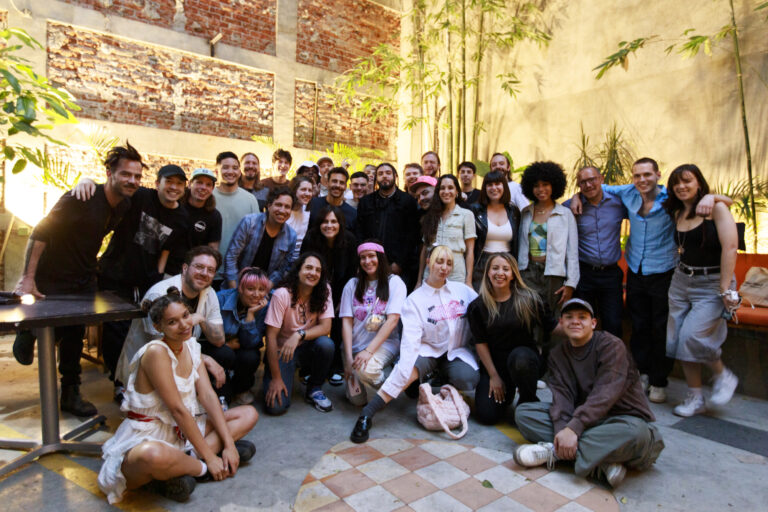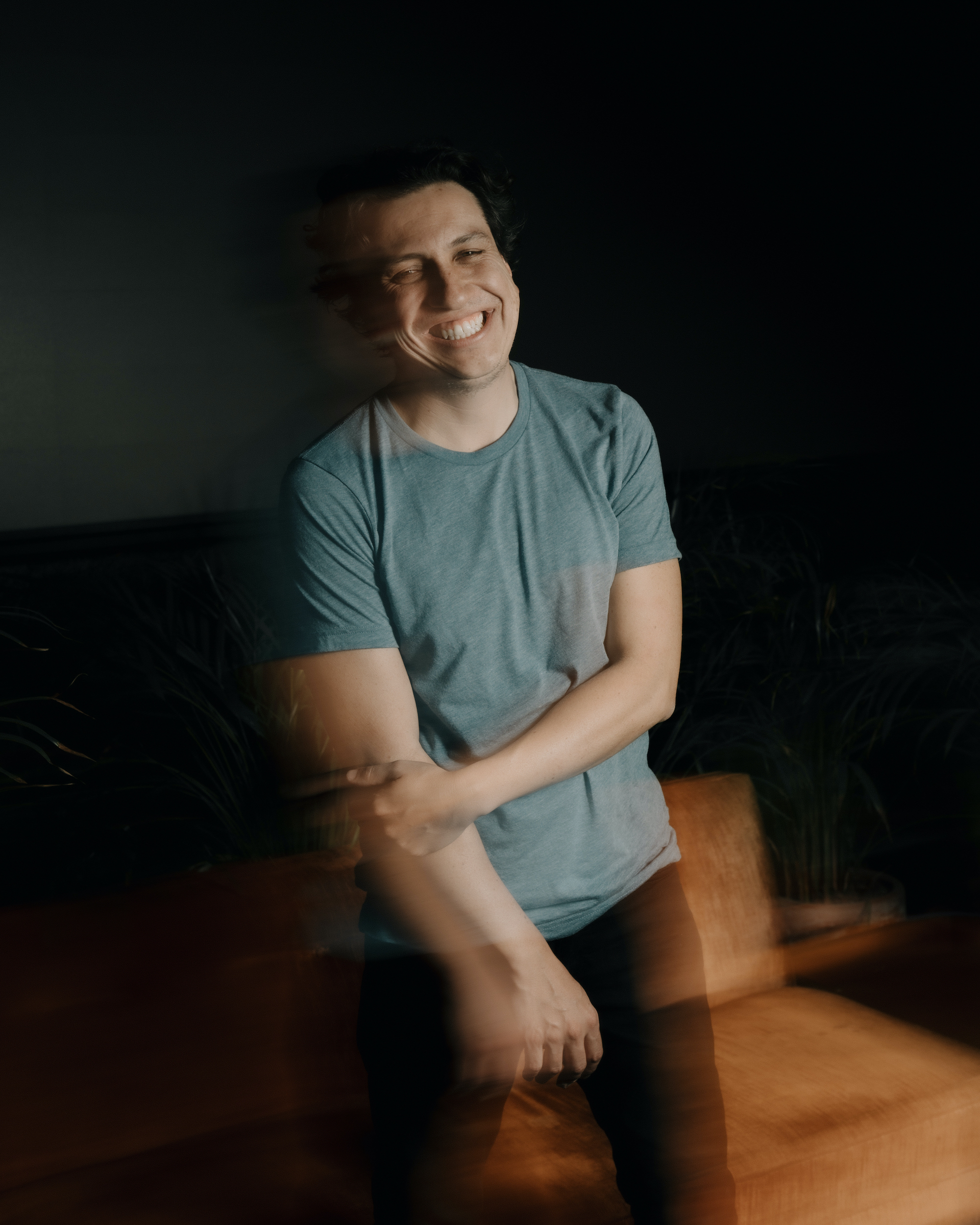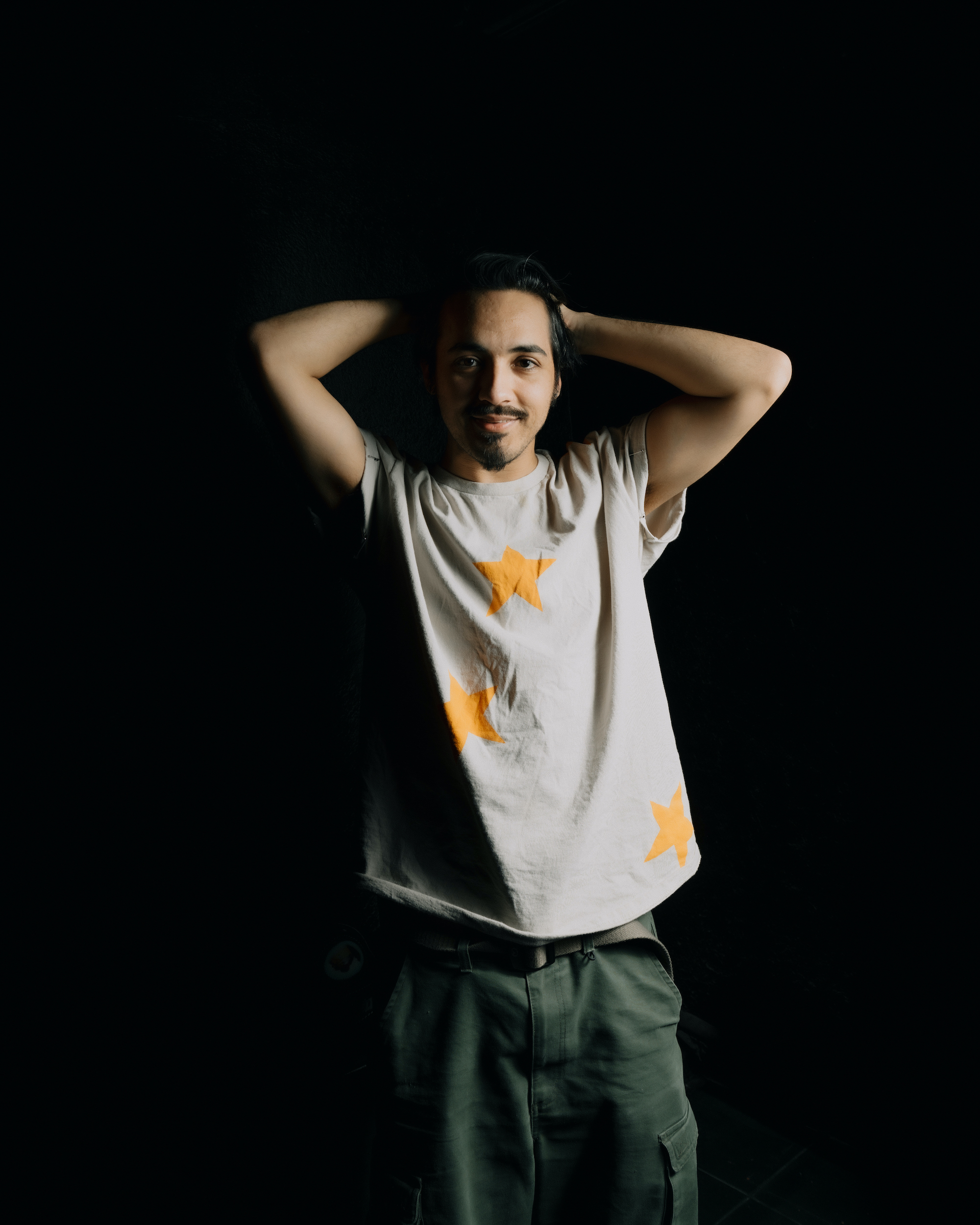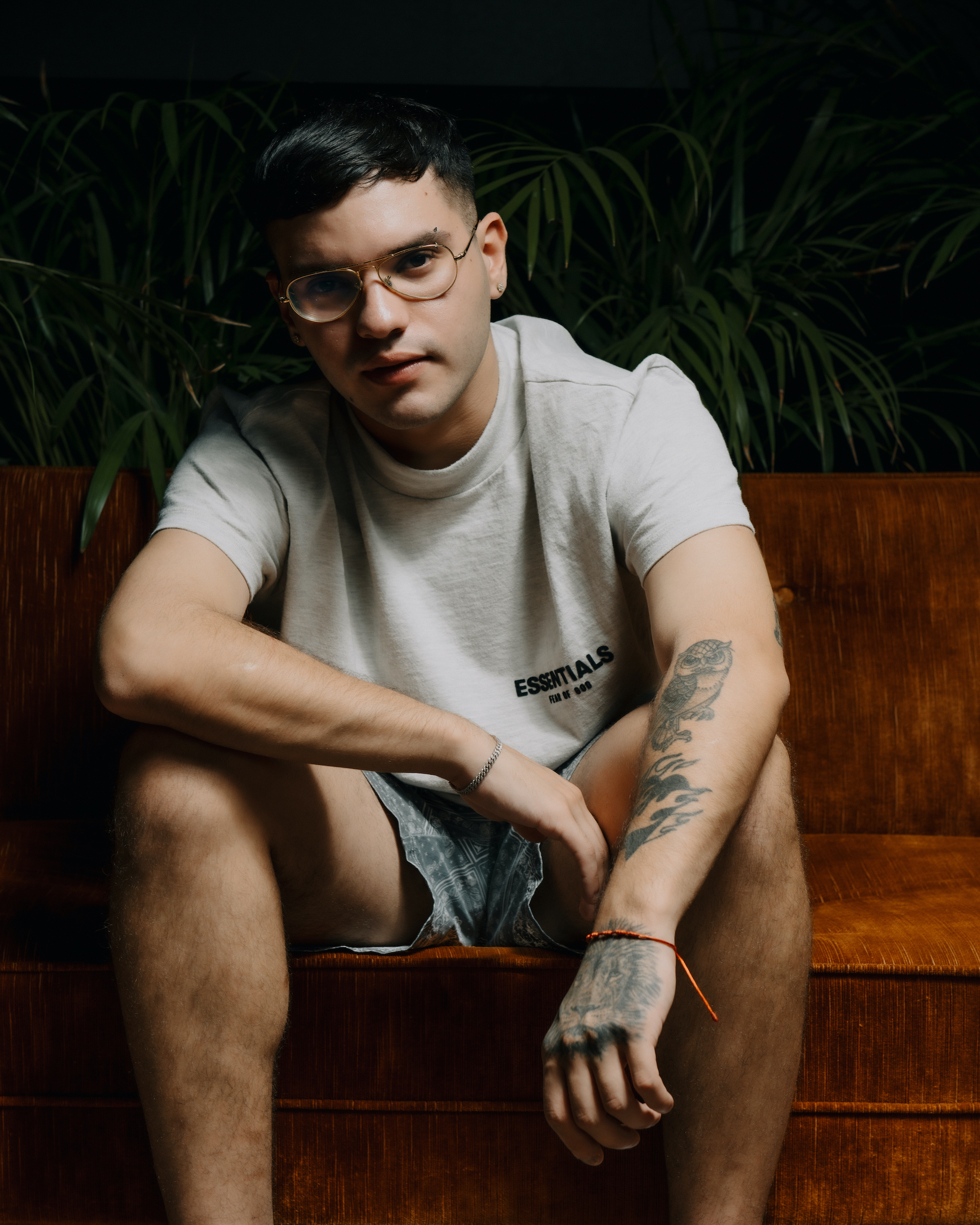A lively exchange of innovative sounds, sleek earth tones, and captivating fusions of modern architecture with Mexican folklore were just a few things igniting our senses. As we stepped into Concord Music Publishing’s 2024 El Sync Camp in Mexico City, we had just been transported into the vibrant creative oasis of our sueños.
Casa de Copas, is a state-of-the-art production house and music studio located in the heart of CDMX’s Colonia Narvarte. With six studio spaces layered over three stories and a rooftop terrace that ascends to a garden of fruit trees, this creative hub is laden with high ceilings, clean lines of concrete and sun drenched nooks with plenty of stimulating communal spaces for creating. One may even forget you’re in Latin America’s most densely populated city.
Now in its third year, Concord Music Publishing’s El Sync Songwriting Camp in CDMX was first hosted at Mexican Institute of Sound’s Camilo Lara’s Soy Sauce Studios. He was pivotal in the development and community building of this camp. The fearless king of Chilango Cumbia Electronica and visionaries Pablo Ahogado and Mayra Vargas at Concord, took inspiration from Concord’s well-established global camps in Nashville, Paris and Los Angeles. Through envisioning an intimate space where music industry creatives, songwriters, producers and executives could come together, this curated community effort focused on elevating Latin music has inspired the creation of genre-bending, long lasting music magic.
“Songwriting camps are nothing new, but how we create music matters”, says Pablo Ahogado, VP of A&R at Concord Music Publishing.
“We want our creative hub to represent the energy of the city where we are at. It makes a huge difference when the writers love the space and the vibe. This catapults the creative process to new heights.”
Ahogado is no stranger to the creative process. Previously with Fania Records, also under Concord’s umbrella, he is a lifelong melómano and musician himself who firmly believes that the emerging talents of the Latin space deserve a place on the world’s stage.
El Sync Camp derives from synchronization licenses; any music that is synced for film, TV and ads. The opportunity to gather talented writers to work in the same room as music supervisors and decision makers to get their instant feedback of what they’re looking for can be game changing.
During its 2024 edition, Concord recruited 22 writers from the likes of London, Argentina, Puerto Rico, Mexico, the United States and beyond and divided them into groups of two or three creators.
This year’s stellar lineup included iLe, Ismael Cancel, Elsa y Elmar, Camilo Lara, Justin Donahue, Maria Elisa Ayerbe, Bassto, Daymé Arocena, Julian Bernal, Oscar Santander, Mechi Perietti, Dani Ribba, Yuli, Lucho SSJ, Ale Alberti, Maestro, Izzy Bizu, Rafa Pabon, Tido, Tom Levesque, and folk star Silvana Estrada.
The goal was to write and record a compelling song during each session that would be destined for a specific scene of a movie or commercial. In fact, these matches are assembled by Concord’s A&R team intentionally, to bend and break down barriers of language, culture or genre. This cultural connectivity breathes life into a new community that feels a bit more like a family and breeds the trailblazing sounds of the future that Concord is known for.
Mayra Vargas, Sr. Director of Creative Sync at Concord, says, “Creatively, it’s important for us to bring as many diverse voices together as possible, so that we have this spectacular palate of sound that is naturally created by the attendees of the camp. The writers are playing on their strengths but are also challenged with creating something new. The result is a spectacular melting pot of sound and language.” Vargas, a 10 year industry veteran in music media, goes on to highlight the importance of one-on-one communication with their songwriters; “Not only in means of listening to their music and creating new opportunities for them to write, we are very invested in their career success and even their personal lives. We aim to create community bridging spaces so that our writers can build their network and potentially reconnect in the future. We also firmly believe that all of our writers should have equal opportunities. When we bring events like this to Latin America, we’re giving our Latin roster the opportunity to experience and collaborate with creatives in their own tierra who otherwise may not travel to Mexico.”
Concord’s special “heart and sauce” as Vargas puts it, that comes into the traditional Sync Camp concept was apparent as we sat down with some of El Sync’s writers to discuss those connections that make creating this way so powerful:
Tigre Sounds: Tell us something magical that has happened for you these last days at El Sync Camp 2024.
Ismael Cancel: This is the second Sync Camp that Pablo [Ahogado] has invited me to and as it grows, I understand more of the context of why it exists. There in itself, lies the magic. We’re here to create community, open our minds and be creatively challenged in the best way.
Silvana Estrada: To see how music comes to life in the most unexpected moments is like a magic ray of lightning that goes through us all of a sudden. The writing process when done together is very different from creating alone. Sometimes I want that ray of lighting to occur and the beautiful part about these experiences is that they remind us that we don’t control anything. We must continue giving the best of ourselves and when music wants to happen, it will happen.
The music pouring out of me is so different. Yesterday was cumbia in Spanish and today was more electropop in English. I’m learning how to switch simultaneously between each parallel universe.
Rafa Pabon: I’ve been feeling the music and not trying to force it too much. Working with artists who may not speak the same language as you but understanding each other through the music has been the coolest thing about this experience.
Justin Donahue (Jung Youth): I make a lot of music about whatever I’m feeling but often there’s a universal theme that you can connect with, like love. Through music you can connect with someone you’ve never met before and that’s one of the cool things about the here and now. Yesterday I got to work with the homie from Puerto Rico and today I’m working with the homie from Finland. Last night we went out to the Tigre CDMX jam that was epic.
Daymé Arocena: It’s been so transgressional. I come from the world of jazz. While it has a lot of freedom, it’s not a genre that’s as popular in this moment, so building my community and network with my peers at the camp, polishing my marketing skills and truly finding my place within the music industry as an Afrolatina is so meaningful.

Tigre Sounds: What does it mean for you to be an Afrolatina in music?
Daymé Arocena: This is such an important question. Unfortunately, being Latin is not understood through its African roots. It’s a subject matter that has been avoided. Even while I travel to other countries, people make assumptions and speak to me in English. In Cuba, we don’t have a developed music industry and much less one represented by someone who looks like me and comes from jazz, which is a genre where you must be a well studied musician.
When you see the statistics, there are more African descendants in Latin American than in the US and Canada. So I need to show up and open more spaces for women like me that have a rooted story to tell. That’s part of why I connected so deeply with jazz. Although so many genres, like pop and reggaeton, also come from others like me.
Daymé will make a special appearance Saturday, May 18th with Miami’s own Rum & Coke, as opening act, at the Citadel. Find tickets here.
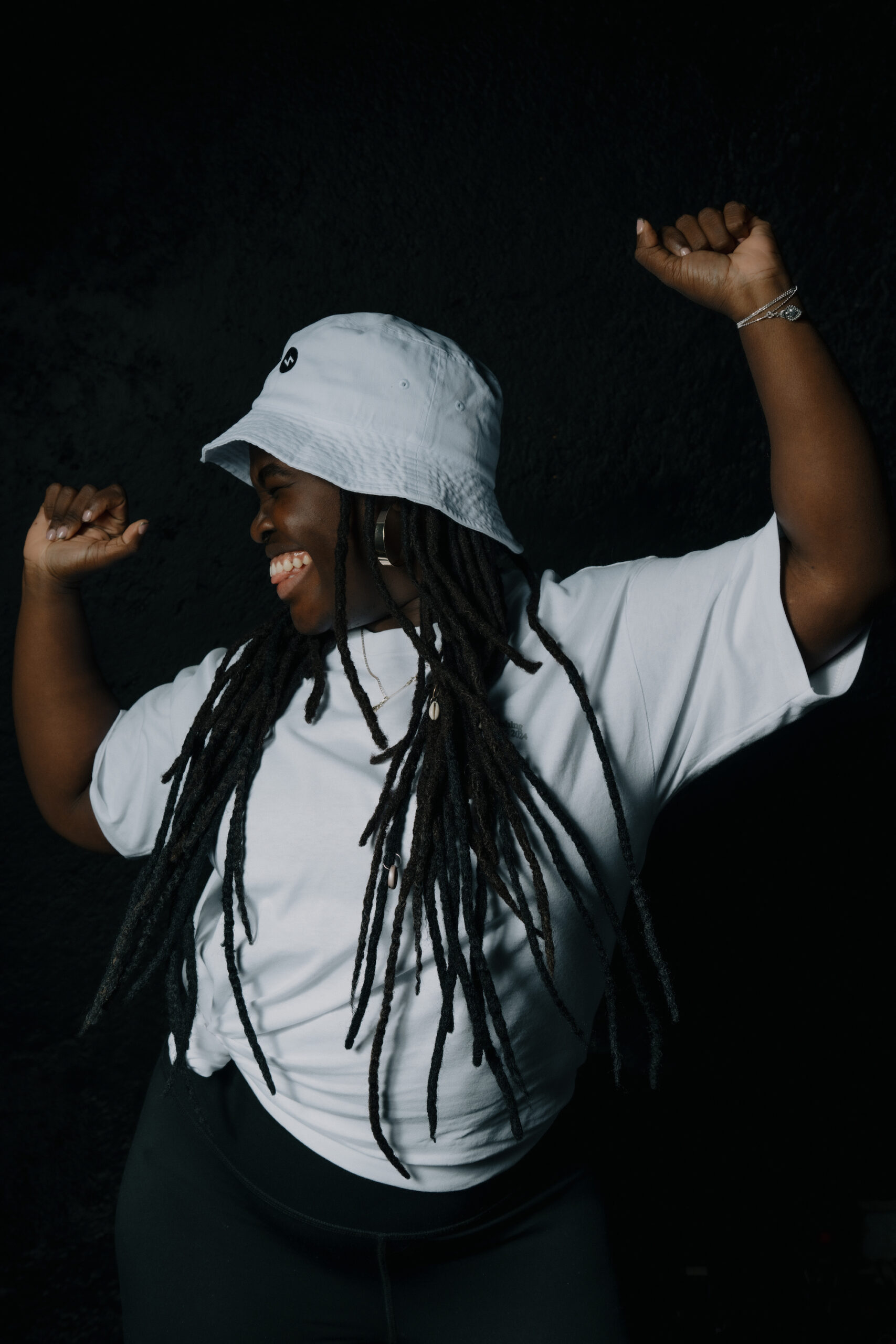
Tigre Sounds: We’re all about celebrating music with no borders and artists like you who are pushing forward genrefusions and new categories. Describe your genre in 5 words or less.
Izzy Bizu: Soul, bouncy and uplifting
Bassto: Groovy, relaxing, provocative, inspiring and motivational
Silvana Estrada: When I released ‘Marchita’, a publication once described it as chamber folk and I love it
Daymé Arocena: I don’t believe in genres but rather the authenticity and individuality of each song

Tigre Sounds: What’s your relationship with social media like?
Justin Donahue (Jung Youth): Like many people I probably spend a good amount of time there. At the same time, I’m also kind of introverted and shy. The most incredible thing about social media is that it connects people from all around the world. Because of social media, I’ve gotten tapped in with so many different creatives. I’ve had producers reach out to me from all over the place and collaborations open with people I may have never even met. It’s also opened a ton of doors for my global shows, like my most recent one in Japan.
Izzy Bizu: Very hot and cold. I’m a really shy person so I feel weird putting myself out online but it’s become such an incredible tool to collaborate with some of my favorite artists. If I get to work with some of my heroes, that makes it amazing.
Bassto: It’s a love-hate relationship. Making content all the time isn’t easy, but things change and evolve and we should also evolve with them. It’s a good challenge for me to stay consistent with sharing content.
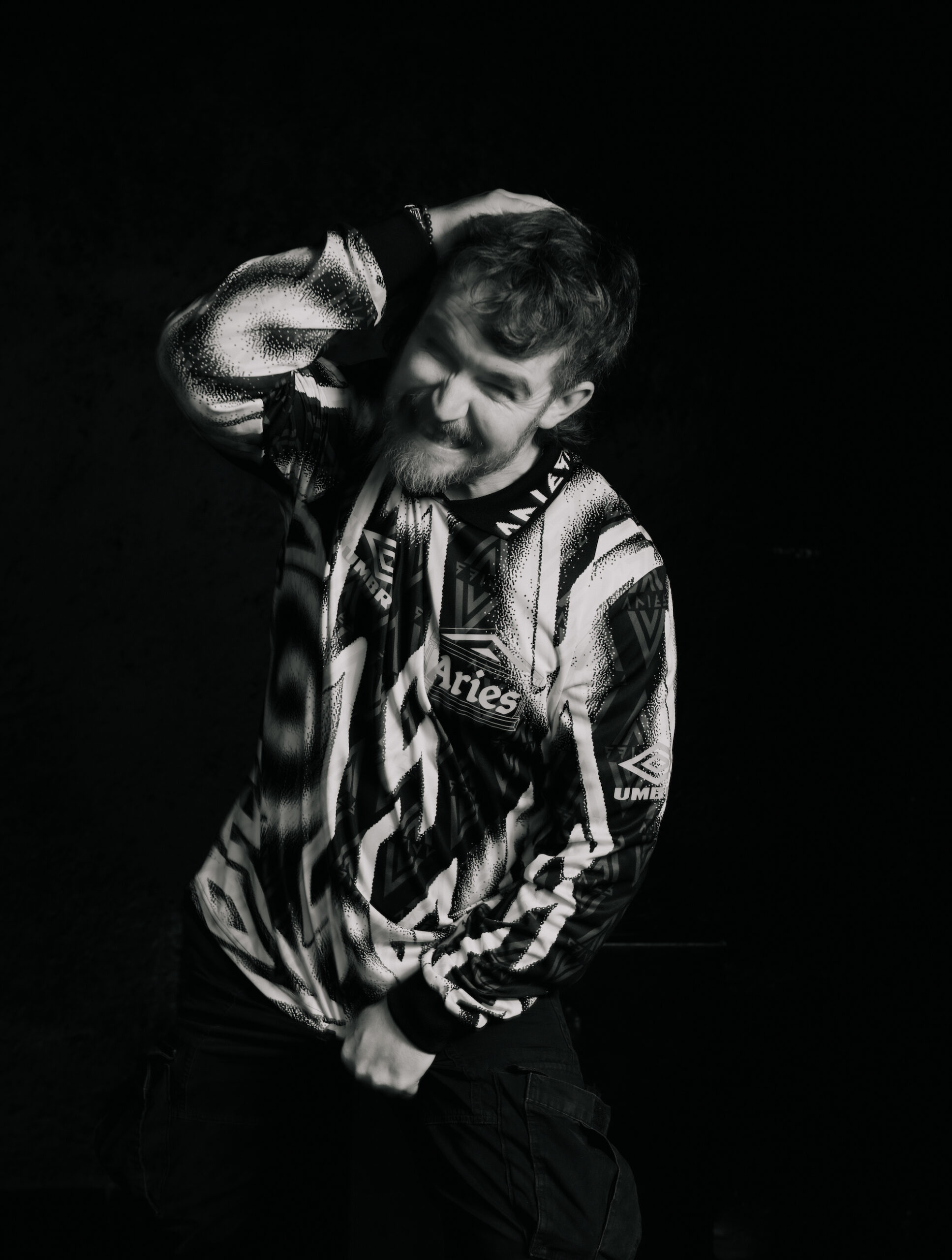
Tigre Sounds: What’s the collab of your dreams?
Ismael Cancel: Wow. If I had to choose, I would have loved to make music in the times of Fania. What that collective represented I believe formed so much of the foundation that we see in the industry today. As a group, it became such an empire of talent.

Tigre Sounds: Where do you see the future of music heading?
Bassto: There’s so much AI now. I think genres will continue to fuse together and inspire artists, much like the Regional Mexicana movement we’re seeing now. Cross-culture collaborations will continue to create new sounds, like a Mexican artist with a Spanish artist.
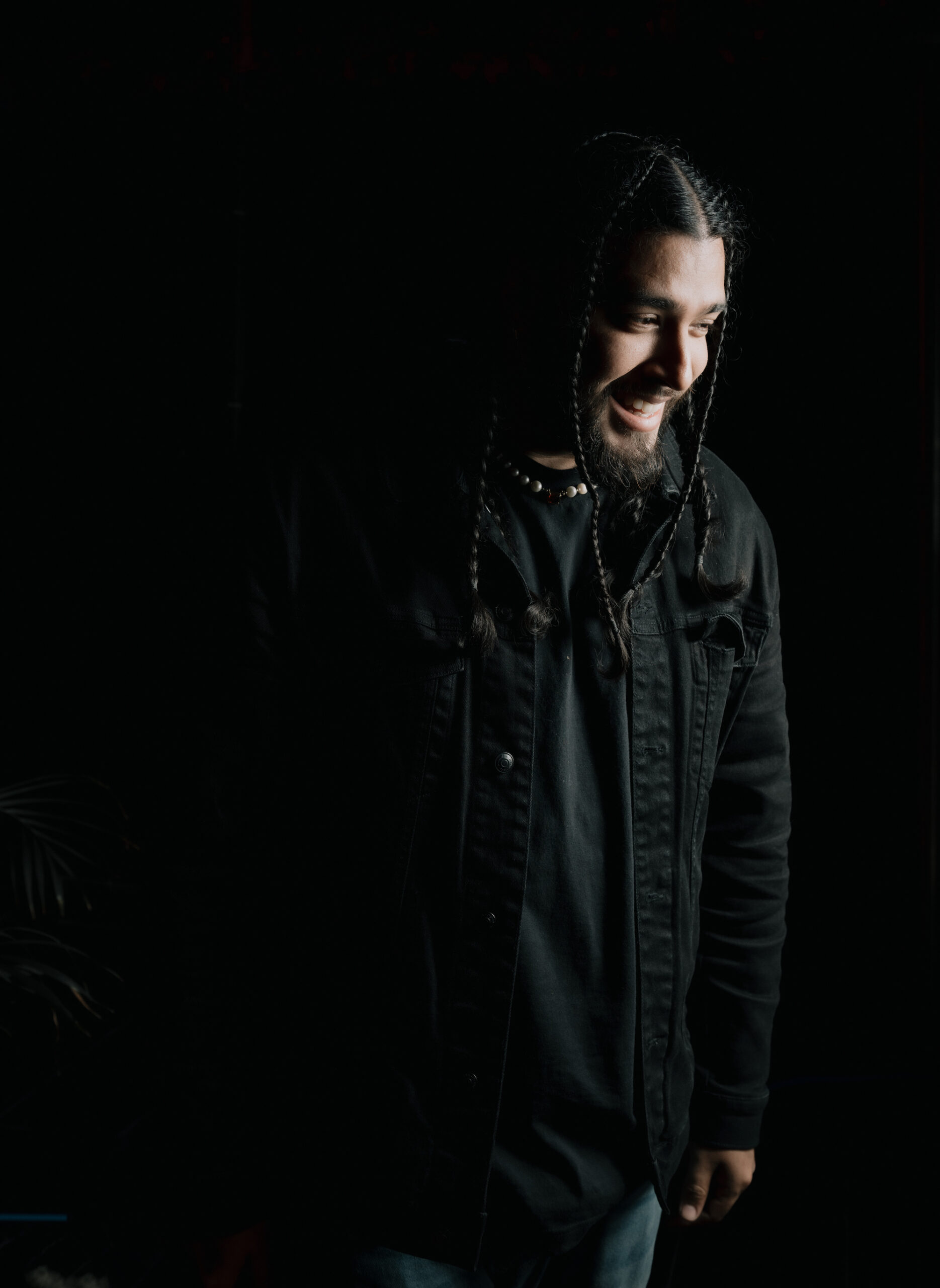
Tigre Sounds: What does success mean to you and what would you like your legacy to be in the music industry?
Ismael Cancel: I view every project as an opportunity to influence change and evolution in the industry. I hope to continue to share my experience and inspire creative freedom so that someday we feel reenergized by the importance of the true process of creating a song; writing it, playing it, working through and understanding it, and putting it out in the world to create a deep connection with our audience.
Izzy Bizu: Nowadays there are so many global genres being embraced. Like in the UK, there’s Afrobeats, Bollywood sounds, African music, Latin music and no one cares if we’re speaking the same language or not. I’m from Ethiopia, and our Ethiopian jazz scene is all about nostalgia and memories. I’d love to see our music takeoff and hopefully I can sample one of the old songs my mom likes and turn it into a Dance record. The possibilities are endless as we’re all connected.
Silvana Estrada: There are moments when I feel that if I don’t write about what I’m feeling, I may explode. Going to concerts, being around great musicians and learning about music has brought me closer to it and has shown me a very noble side of creating this art. In the end, we are all students. I want to remain humble, sleep well and feel peace, knowing I have no regrets.
As we wrapped up our interviews and the writers prepared for the final group listening session of the Camp, Oscar Santander pulled out his guitar for an impromptu jam sesh with Daymé Arocena, gifting us with a soulful rendition of Sade’s Is It A Crime.
Stay tuned for more pioneering Latin and global sounds from Concord Music Publishing’s epic roster and as Ahogado says, “ Find us in all the good spots where great music is being made, working with the talented people that are creating it.”
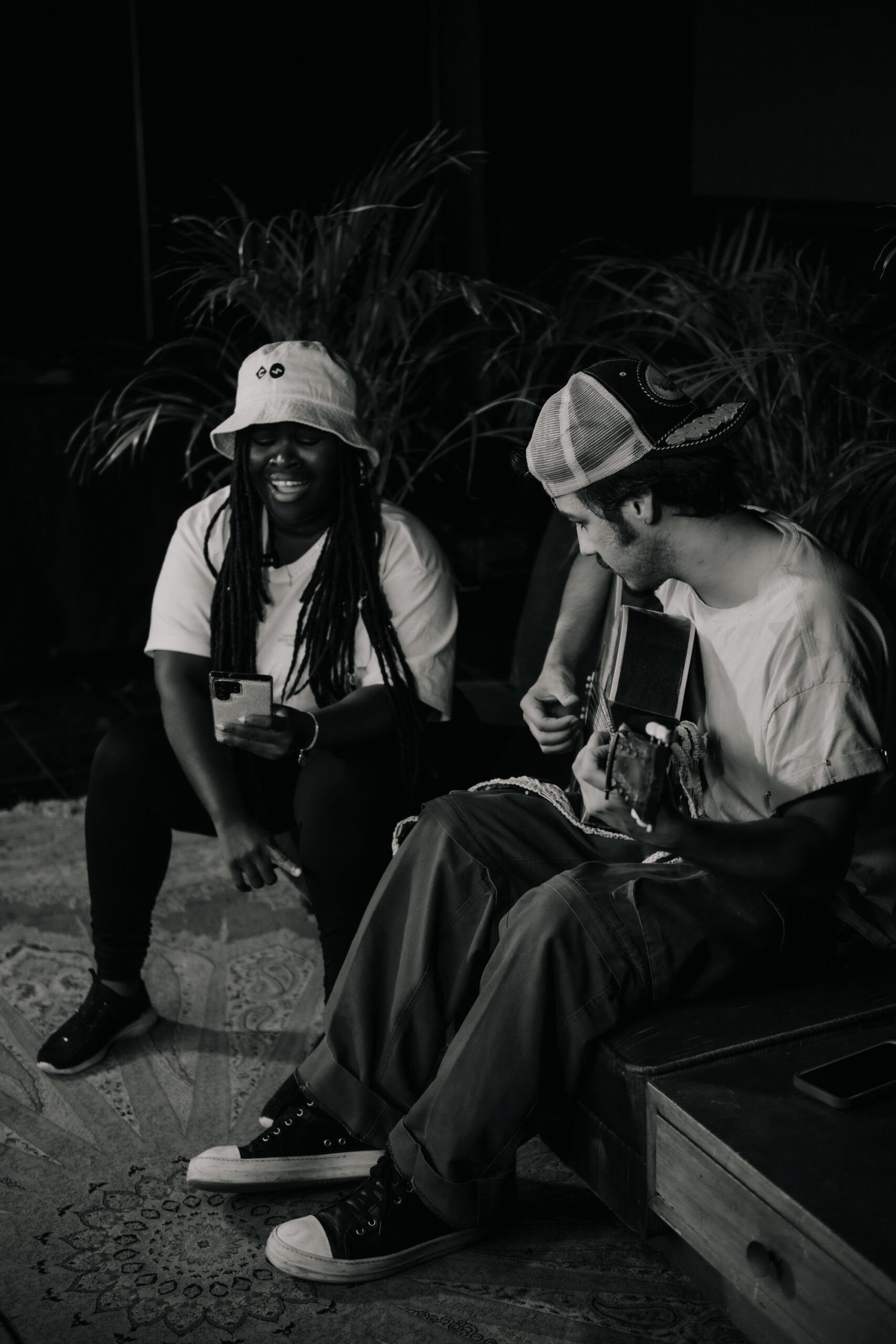
All photos by Po Tellez


